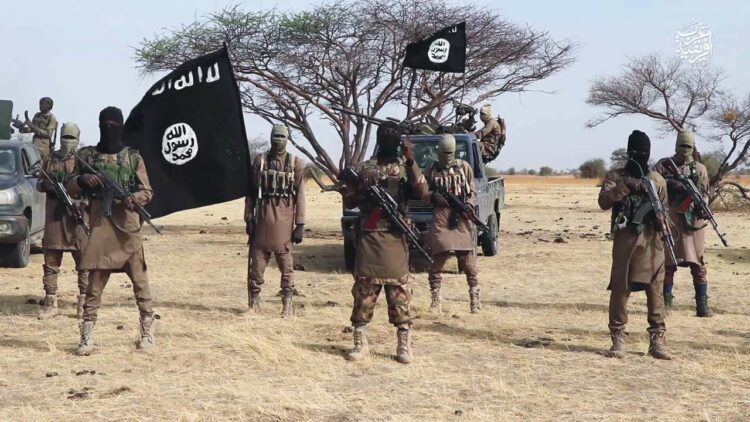Gunmen have invaded a military base in Chad and killed 40 of its soldiers on Sunday evening, the presidency says.
President Mahamat Déby has ordered a counter-offensive to track down the culprits, according to a statement from his office.
The attack reportedly happened on an island called Barkaram, in a vast marshy region that was once covered by the waters of Lake Chad before its dramatic shrinking in recent decades.
No suspects for Sunday’s attack have been identified by the presidency, but the area is close to the border zones of Nigeria and Niger where Islamist militants are known to operate.
Latest UN figures indicate more than 220,000 people have been forced from their homes following years of insecurity and violence from armed groups.
Sunday’s attack is one of the worst suffered by Chadian soldiers since 2020, when about 100 soldiers died in a raid which prompted then-President Idriss Déby to launch an operation against Islamist militants.
Local residents have told the AFP news agency they believe fighters from Boko Haram – an Islamist militant group based over the border in Nigeria – were to blame for this latest attack, and say at least 200 soldiers were stationed at the garrison at the time.
The attackers had time to seize ammunition and equipment before they left, AFP adds.
It is a blow to President Déby, who is an elite soldier by training, and the son of the former president who was killed three years ago in battle with rebels close to the Libyan border.
In its public communications the Chadian presidency has presented Déby as a hands-on leader with military nous, who visited the site of the attack early on Monday, “assessing the situation on the ground, paying his respects to the deceased soldiers, showing his compassion to the wounded, and lifting the morale of his brothers-in-arms”.
The Lake Chad basin is bordered by Cameroon, Chad, Niger and Nigeria – all of which are part of a Multinational Joint Task Force that seeks to stamp out the armed groups operating in the region.
But militant Islamists “often regroup when troops withdraw”, and better funding and planning is needed, says the International Crisis Group.
BBC









